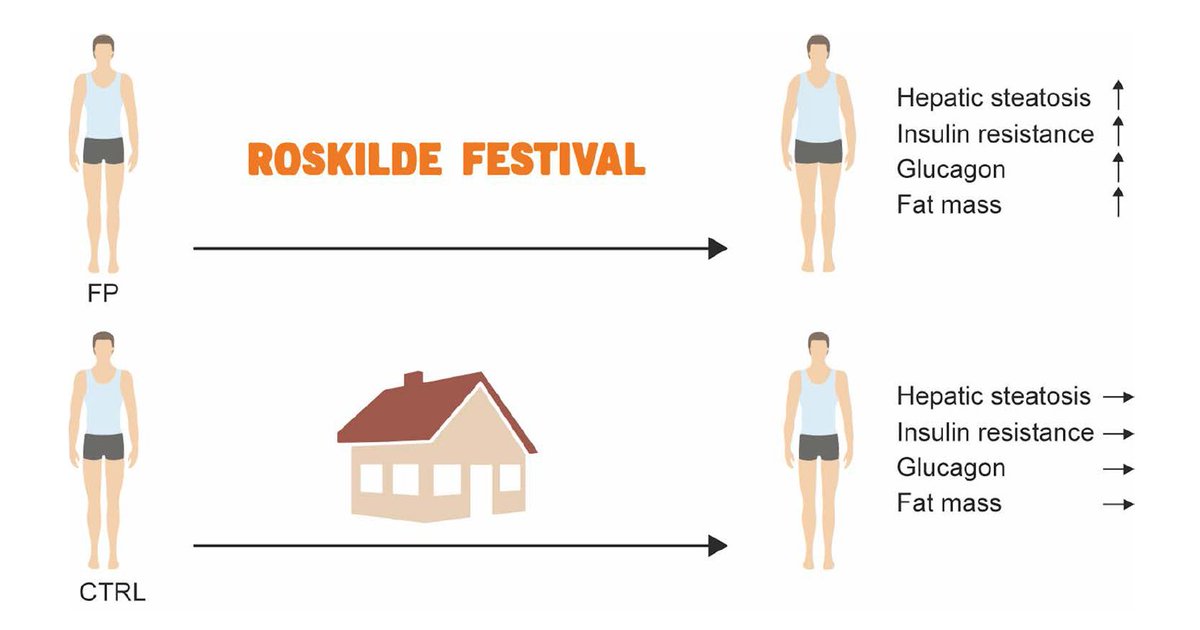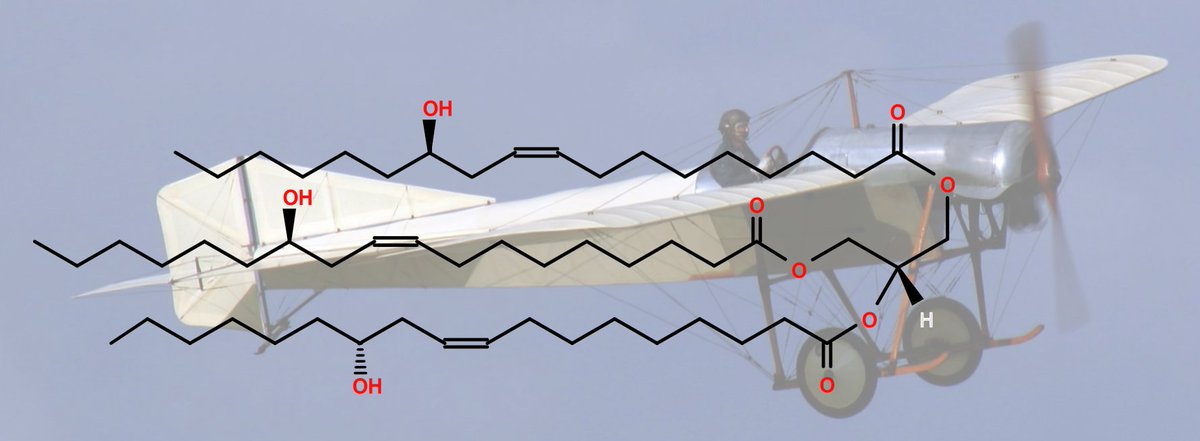
Matthew Gillum
@matthewgillum6
Sweet (and EtoH) tooth biologist.
ID: 1222522258176008192
29-01-2020 14:10:07
84 Tweet
538 Takipçi
1,1K Takip Edilen




Happy to share the first controlled evidence of the metabolic consequences of the binge drinking culture common among many young people in Denmark and other Western countries: pubmed.ncbi.nlm.nih.gov/33886497/ HerlevGentofte Hosp. Steno Diabetes Center Copenhagen UCPH Healthscience NNF Center for Basic Metabolic Research (CBMR)


So excited and happy for my colleague Trisha - she will be starting her own group UCPH Healthscience with a grant from Novo Nordisk Foundation! Really well deserved - I am sure there will be some cool positions available in the near future (watch out!!) 🥳👌

June's #LipidoftheMonth is essential in keeping this magnificent centenarian Blackburn monoplane in the air at Shuttleworth lipidmaps.org/updates/lipido…


4.8 kg weight loss in adult humans when sucrose is genetically “removed” from the diet by LoF mutations in intestinal sucrase-isomaltase. A remarkable non-CNS obesity gene discovery! Congrats to Mette, Line Skotte, Emil Jørsboe, Torben, Ida Moltke, Anders Albrechtsen and rest of team.

Given the genetic association between the FGF21/KLB pathway and alcohol consumption phenotypes &the fact that circulating Fgf21 has been shown by Terry Maratos-Flier and others to be induced 40x by alcohol drinking, will be fascinating albeit terrifying to see how it works in humans

Very happy to have contributed a tiny bit to this one! Big congrats and R.E.S.P.E.C.T. to Matthew Potthoff, Matthew Gillum and other brainy people for leading and executing. FYI: Yesterday, Amalie Lanng performed the first infusion of native FGF21 in a human! authors.elsevier.com/c/1eWMb5WXUlLI…

Wang and colleagues from NIH call for data on endogenous FGF21 levels in people with alcohol use disorder and the effects of FGF21 on alcohol desire in humans. Looking forward seeing Amalie Lanng from our group presenting exactly such data - coming soon! sciencedirect.com/science/articl…


I am very excited to see this officially published! Thank to UK Biobank we have been able to identify hundreds of associations between liking of specific foods and genetic variants increasing our understanding of the role of genetics in food behavior. go.nature.com/37Uj3J1